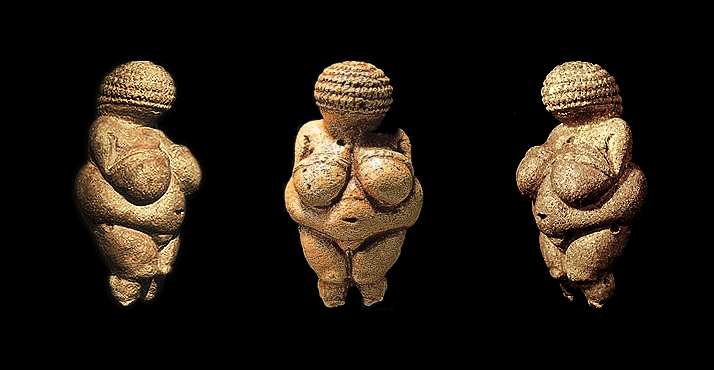If a strict literalism wa the norm until modern times, why then did the likes of Wahhab and Luther rail against the abandonment of 'true message' as based on the texts? Some modern Salafis have a far more literal understanding of Islamic scripture than the average medieval jurist did.
First off, while I think that religious literalism is as old as religion itself, I recognize that various people and groups have taken non-literalist stances over history. I don't know enough about Wahhabiism or Salafism to really speak to them. When I was talking about literalism being the norm until recently, I was talking about Christianity specifically.
Since I'm not familiar with where Luther says what you describe, it's hard for me to guess at what he might mean unless you point me toward the actual quote you had in mind and its context.
The average person couldn't even read the texts, and it was only the educated elites who tended to have access.
Literacy was uncommon, but familiarity with Bible stories wasn't. It was common for priests who could read them to tell them to laity who couldn't.
They were also often well educated in philosophy, rhetoric, etc. This often meant many had a very ophisticated understanding of scripture.
You aren't the first person to say this, but I'm not sure that things were as you suggest. Yes, different people would understand scripture on different levels, but just because a person considers there to be, say, symbolism in the events described in some passage doesn't mean that they necessarily thought that a literal reading of the text was false.
For instance, thinking that the Flood story has lessons within it that could be applied to life today doesn't require a person to believe that the Flood didn't happen.
Obviously, many religious people believe the events described actually happened, but the overall religious tradition wasn't built on a strict scriptural literalism, but on a text with surrounding broader traditions that often explain the texts outwith literal meanings.
So it was common to believe that events happened that were contrary to the scripture? I'd love for you to show me some evidence of this. If it really was uncommon for the literate, educated elites to believe in, say, the literal 6-day creation as described in Genesis, what other ideas were floating around in Christendom about how the Earth was formed? Please be sure to cite your sources.
There is a problem with the question in that what constitutes 'strict literalism' is a bit subjective. Perhaps you are interpreting it a bit more liberally than I intended.
So far, I haven't interpreted "strict literalism" at all, since you only slapped the "strict" modifier on just now, AFAICT.
I'm interpreting "literalism" to mean acceptance of everything described in the scriptures as true; for instance:
- every historical event described actually happened as described
- every person described actually lived as described
- every prediction about the future will come true
- every statement about how things are in the present is correct
For instance, in what I consider a literalist interpretation:
- the Earth really was created in six literal days.
- the age of the Earth matches the Bible chronology.
- Adam and Eve were two real people in a literal garden, and all humans today are descended from them.
- a global flood literally happened.
- Noah, the family members listed in Genesis, and two of every type of animal (and seven of the "clean" animals) survived the flood in an ark that Noah built.
- the plagues of Egypt and the Exodus actually happened as described.
- God really did give Moses tablets with the Ten Commandments on Mount Sinai.
- Samson really did tear down the Temple of Dagon with his bare hands.
- A boy named David (who would later become king) really did kill a giant named Goliath.
- Sodom and Gomorrah really were destroyed by God, and Lot's wife really was turned into a pillar of actual salt.
- All of the advice in Proverbs is good.
- Jesus really lived, went to all the places the Gospels said he went to and did all the things that the Gospels said he did.
- Jesus really said all the things attributed to him in the Gospels (which doesn't mean that he intended everything he said to be interpreted literally, just that he really did say all of it).
- Jesus really was crucified, and when he died, the curtain of the temple really did split and there really was an earthquake.
- The "zombie invasion of Jerusalem" (Matthew 27:51-53) really did happen.
- The stories in Acts really happened.
- The advice in the Epistles is meant to be taken literally, except where obvious metaphors are used.
- Revelation, while written in coded language, describes real events that will actually happen.
IOW, I intended "literalism" to include all of the things that liberal Christians tend to brush off as "literalist", like young Earth Creationism and following the misogynistic advice in the Epistles.
Did you have something different in mind by the term?

